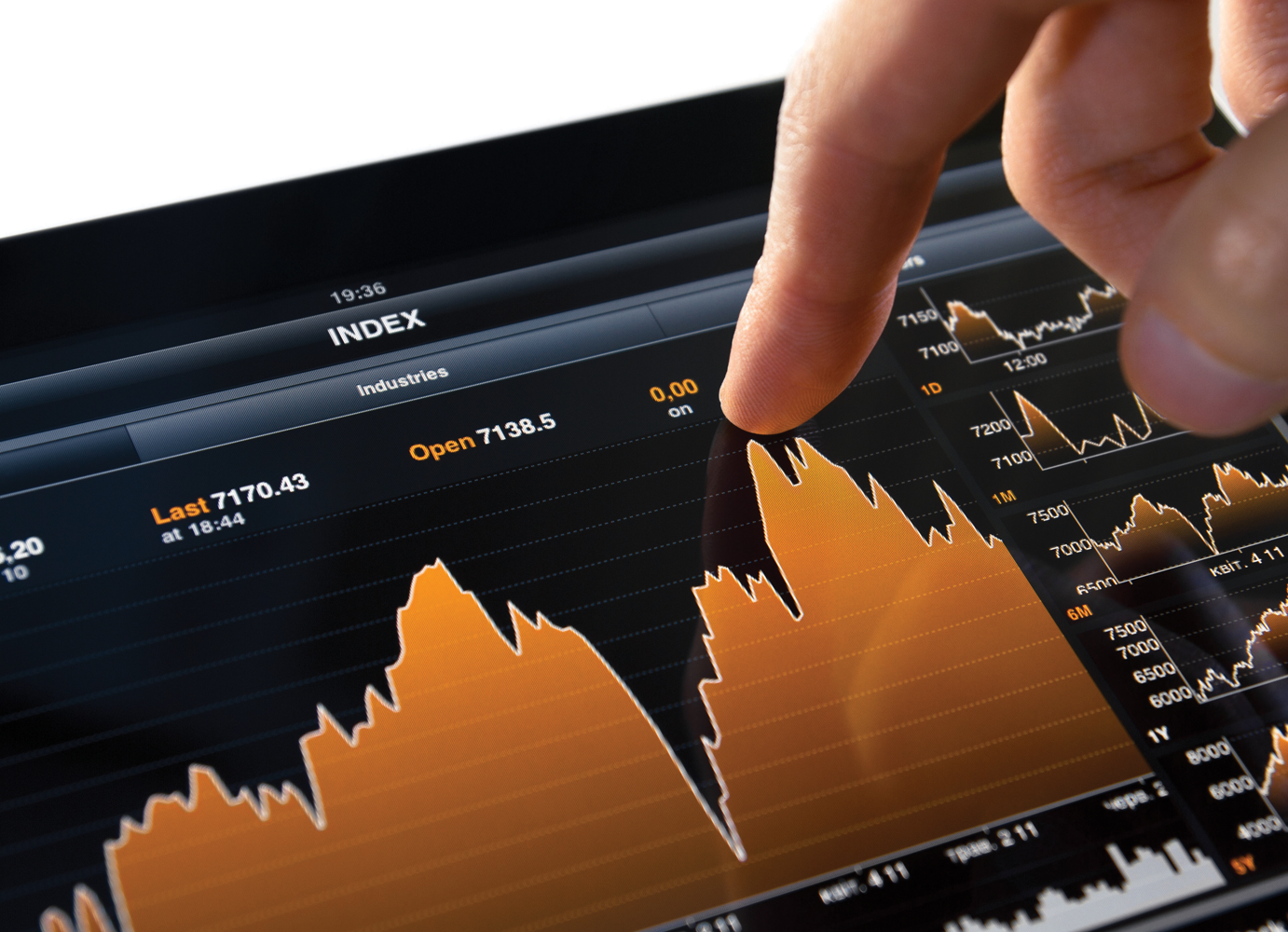Investing
What makes a good fund manager?

Star fund manager Anthony Bolton has announced his retirement. But what makes a great manager and how can you spot one?
Veteran fund manager, Anthony Bolton, has announced that he will step down from managing Fidelity’s China Special Situations fund next year.
His retirement follows a rocky three year period of performance where he failed to emulate his previous stellar track record in the UK market.
While Bolton will no doubt go down in history as one of the UK’s best fund managers, his track record shows that no matter how long a manager has been around, they are unlikely to perform consistently well.
Identifying a top manager is a difficult task. However, industry experts say there are a number of clues to look out for.
Most investors start off by looking at a manager’s past performance as an indicator of things to come.
While this is a good place to start, this is far from a perfect indication of how they will perform in the future; there is a real risk of jumping into a fund that is at its peak performance and could potentially go into decline.
Patrick Connolly of Chase De Vere says that looking at past performance is important but it is equally vital that investors understand why a fund manager has performed well, or not, and then to decide whether this is likely to change in the future.
He says: “Anthony Bolton is a great example. He performed incredibly well when managing UK equities and so many investors jumped into his Chinese investment trust at launch. However, a great deal changed, most importantly Bolton had no previous experience on managing Chinese equities. This should have acted as a bigger warning sign.
“Fund managers can out-perform or under-perform simply because their investment style goes in or out of favour. For example, a pure growth manager, say Stephen Kelly of AXA Framlington American Growth, is likely to under-perform if defensive value orientated stocks are in favour where as a defensive manager such as Neil Woodford at Invesco Perpetual is likely to do well in that environment.
“However, if growth stocks then start to out-perform, their respective fortunes are likely to change also.”
Investors should also note that a manager may perform well or do badly in both rising and falling markets – some managers openly admit that they perform better in falling markets.
Darius McDermott from Chelsea Financial Services points out that age or experience should not be a primary indicator of performance.
He says: “In the last five years since the global financial crisis some younger managers have had a baptism of fire.
“There are a few who started running a fund in the early part of 2008, faced the market meltdown and unprecedented intervention from governments and central banks, and have come out the other side having returned consistently good performance over the five years or so. These managers have shown their mettle and that their process is sustainable.”
McDermott also highlights that very few good managers can work in isolation so the work environment they are in and their support network are both important:
“That’s not to say all good managers need to work in big organisations with big teams – they just need to be in an environment that works for them.
“The management needs to be supportive, particularly if the manager is going through a difficult patch, and they may well need to call on other resources: analysts, researchers etc. We like to see how the manager interacts with their wider teams.”
Investors should look at a manager in terms of whether they have been getting lucky, or are using skill and research to pick the stocks in the fund.
Danny Cox from Hargreaves Lansdown says: “It is possible to establish whether a fund manager has added value to the fund he has been managing by stock picking skill or by simply being in the right place at the right time.
Consistent value added via stock picking shows which managers are “lucky” and which are skilful.
This shows how a manager has performed in the past and therefore gives an indication of how they may perform in the future. The key point here is not how the fund has performed; it is how the manager has influenced the performance.”
Cox also highlights that it is important to get a clear sense of the manager’s philosophy and how they go about choosing the stock.
Investors should opt for a manager who can articulate their investment process and then stick to it.
McDermott adds: “It is fine to tweak now and again as they are continually learning and refining their skills (a few very good, experienced managers did this post the global financial crisis) but you don’t want your manager to get side-tracked or suddenly start investing in a different way as it is bound to end badly. More experienced managers should have the confidence required not to go against their own process or get caught up in a trend.”
Robert Pemberton from HFM Columbus says that manager brilliance can be overrated and that a bit of common sense and humility goes a long way.
He say that managers need to have conviction but not be too overconfident:
“Markets are very volatile and unpredictable, a manager needs to strike a balance between sticking to his guns but realising when he is wrong and then having the strength of character to do something about it.”
Pemberton also places importance on a manager’s temperament – he says a cool head and an organised mind go a long way.